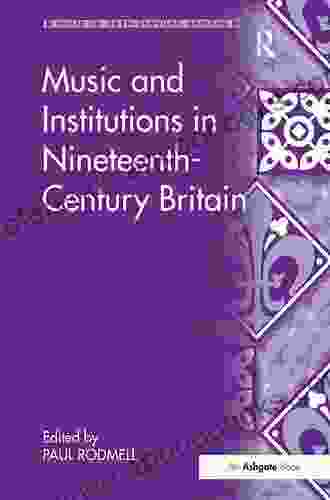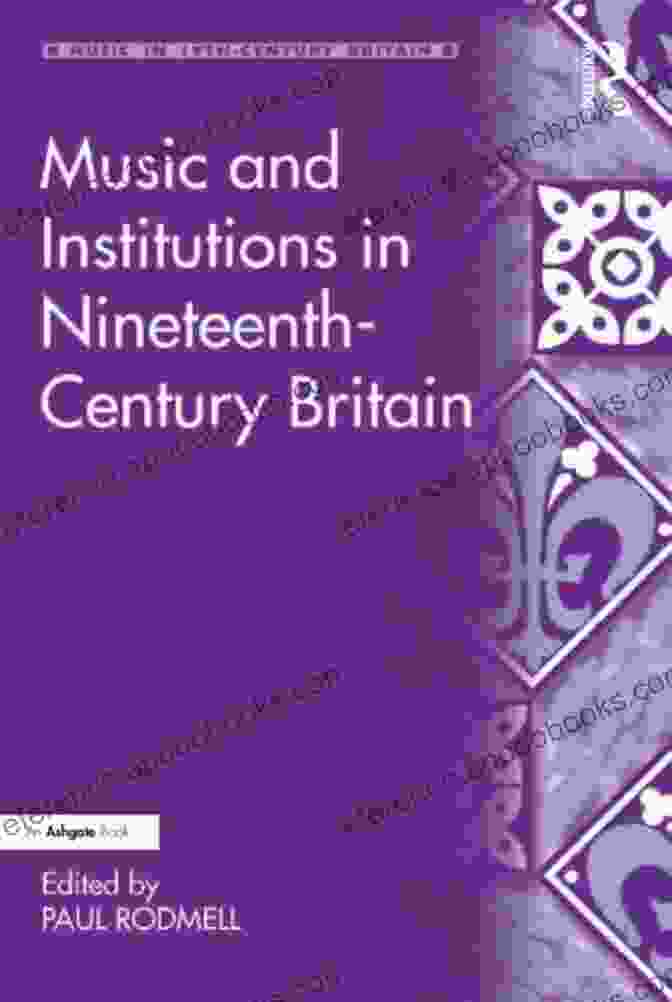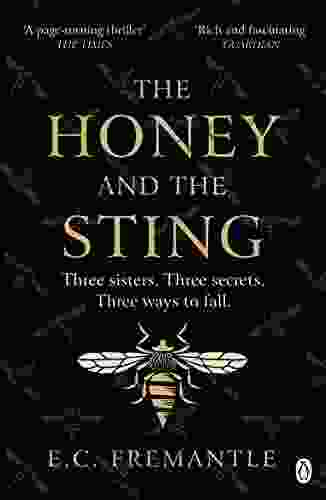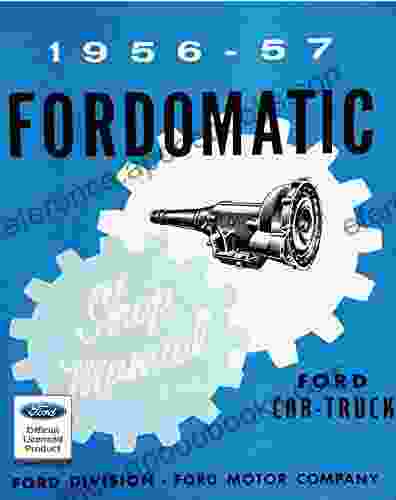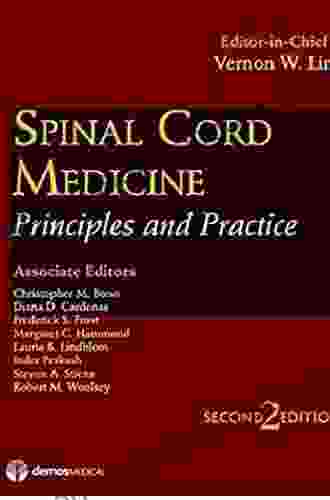Unveiling the Rich Musical Tapestry of Victorian and Edwardian Britain
In the vibrant tapestry of Victorian and Edwardian Britain, music played a pivotal role, shaping societal norms, inspiring cultural movements, and providing a window into the nation's soul. 'Music and Institutions in Nineteenth Century Britain' meticulously unravels the complex relationship between music and institutions, revealing how these entities influenced, supported, and transformed each other during one of music's most transformative eras.
4.5 out of 5
| Language | : | English |
| File size | : | 12440 KB |
| Text-to-Speech | : | Enabled |
| Screen Reader | : | Supported |
| Enhanced typesetting | : | Enabled |
| Word Wise | : | Enabled |
| Print length | : | 308 pages |
A Symphony of Institutional Voices: Patronage, Philanthropy, and Education
This groundbreaking work casts light on the diverse institutional landscape that nurtured musical growth in Britain. From the patronage of wealthy aristocrats to the philanthropy of charitable organizations, individuals and institutions played a crucial role in fostering musical talent. The book explores the impact of educational institutions, including conservatories and music colleges, in shaping the musical landscape.
The Concert Hall as a Social Nexus: Performance and the Public Sphere
The concert hall emerged as a central hub for musical performance and social interaction. 'Music and Institutions in Nineteenth Century Britain' investigates the role of concert halls as platforms for artistic expression, venues for public debate, and spaces for social networking. Through an in-depth examination of concert programs, audience demographics, and the social dynamics within concert halls, the book reveals the profound impact of music on Victorian and Edwardian society.
Opera and Choral Societies: Community and Artistic Endeavors
Opera companies and choral societies flourished throughout Britain, fostering a sense of community and artistic achievement. The book delves into the organizational structures, artistic collaborations, and social functions of these ensembles. It examines how these groups provided opportunities for musical participation, promoted local talent, and contributed to the nation's cultural vitality.
Music Halls and Popular Entertainment: The Rise of Mass Culture
The rise of music halls signaled a shift towards mass entertainment. In these bustling venues, a diverse range of performers captivated audiences, from music hall singers and comedians to acrobats and magicians. 'Music and Institutions in Nineteenth Century Britain' explores the social and cultural significance of music halls, showcasing their role in shaping popular taste and providing entertainment for the working classes.
: A Legacy of Musical Transformation
In the concluding chapter, the book reflects upon the lasting legacy of musical institutions in Britain. It examines how these institutions shaped the music we listen to today and influenced the development of musical genres, performance practices, and cultural norms. 'Music and Institutions in Nineteenth Century Britain' serves as a testament to the enduring power of music and its ability to shape and reflect the fabric of society.
A Thrilling Narrative for Music Enthusiasts and Historians Alike
Written in an engaging and accessible style, 'Music and Institutions in Nineteenth Century Britain' is a captivating read for music lovers, historians, and anyone fascinated by the interplay between music and society. Its meticulous research, vivid descriptions, and insightful analysis make it an invaluable resource for those seeking a deeper understanding of this pivotal period in British music history.
Free Download your copy today and immerse yourself in the rich musical landscape of Victorian and Edwardian Britain. 'Music and Institutions in Nineteenth Century Britain' offers a captivating exploration of an era that forever transformed the world of music and left an indelible mark on British culture.



